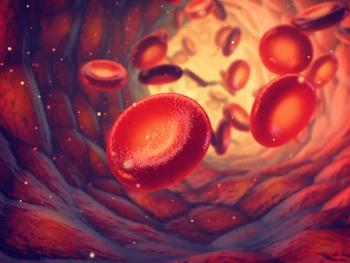
The reprioritization comes as the SIG-001 program remains on clinical hold after scarred and inviable cell spheres were observed in a treated patient.

The reprioritization comes as the SIG-001 program remains on clinical hold after scarred and inviable cell spheres were observed in a treated patient.
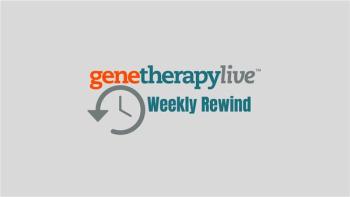
Review top news and interview highlights from the week ending January 7, 2022.

AVRIOBIO announced that it is shifting priorities to focus on their gene therapy programs in Gaucher disease.

The DSMB has recommended that enrollment expand and doses be escalated from 3.3 to 5 mg in 1 cohort of the KIK-AS study.
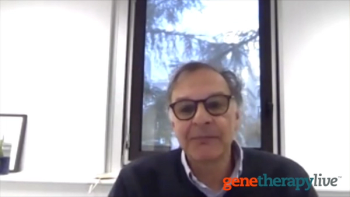
Ralph Laufer, PhD, chief scientific officer, Lysogene, discussed gene therapy programs in GM1 gangliosidosis and Fragile X syndrome.
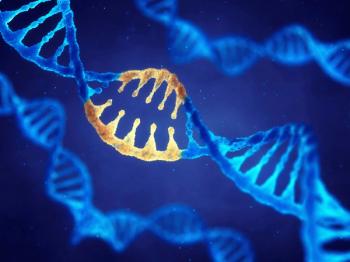
The phase 3 GEM-3 study met both its primary and secondary end points compared with placebo in dEB.
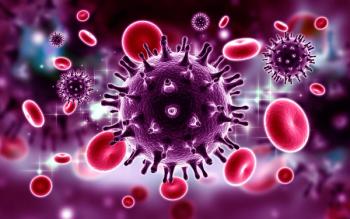
Review some of our most-viewed coverage of advancements in cell therapies, including the latest study results and insights from experts in the field.

Review top news and interview highlights from the week ending December 17, 2021.

Review top news and interview highlights from the week ending December 9, 2021.

Ralph Laufer, PhD, chief scientific officer, Lysogene, discussed LYS-SAF302, its mechanism of action, trial data, and further research.
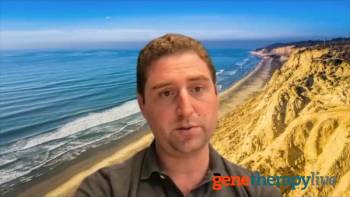
Dan Oliver, cofounder and chief executive officer, Rejuvenate Bio, discussed the advantages of developing gene therapies for both dogs and humans.

Review top news and interview highlights from the week ending November 26, 2021.
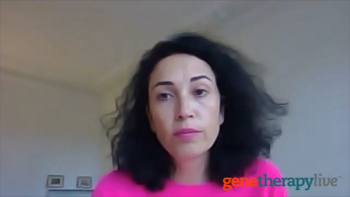
The chief executive and scientific officers of Lysogene discussed Lysogene’s patient-focused therapy development.
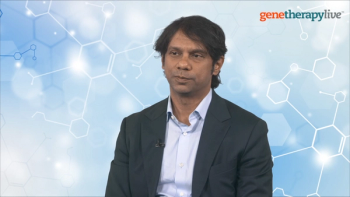
The chief executive officer of Rocket Pharmaceuticals, Gaurav Shah, MD, discussed the company’s ex-vivo and in-vivo gene therapy platforms.

Review top news and interview highlights from the week ending November 19, 2021.

The gene-edited approach hopes to overcome with the shortcomings of autologous hematopoietic stem-cell transplantation.
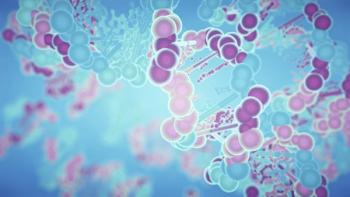
Following updated safety data, Rocket Pharmaceuticals has decided to discontinue the high-dose cohort.

Dan Oliver, cofounder and chief executive officer, Rejuvenate Bio, discussed the company’s ultimate goal of reversing aging.
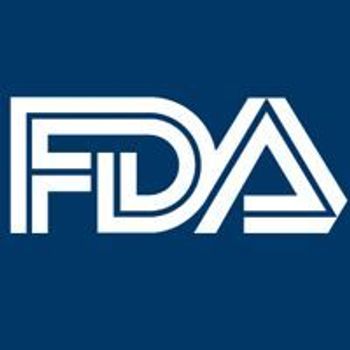
The professor of medicine at Duke University School of Medicine previously served as commissioner in 2016.

Primary efficacy data released by Sangamo Therapeutics showed that above normal α-Gal A activity was maintained for up to a year after treatment.

The chief executive officer of Rocket Pharmaceuticals, Gaurav Shah, MD, discussed the company’s lead programs and future plans.

Review top news and interview highlights from the week ending November 5, 2021.

4D Molecular Therapeutics announced positive data from trials assessing 2 of their gene therapies.
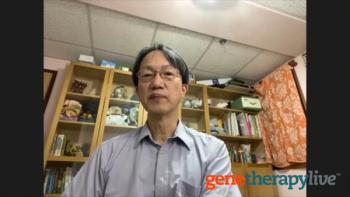
The professor from National Taiwan University Hospital discussed further research he would like to do with the gene therapy PTC-AADC.
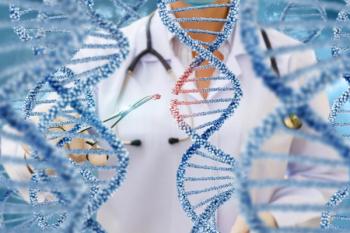
Partners in the Bespoke Gene Therapy Consortium include the NIH, FDA, private companies such as Pfizer and Biogen, and non-profits.